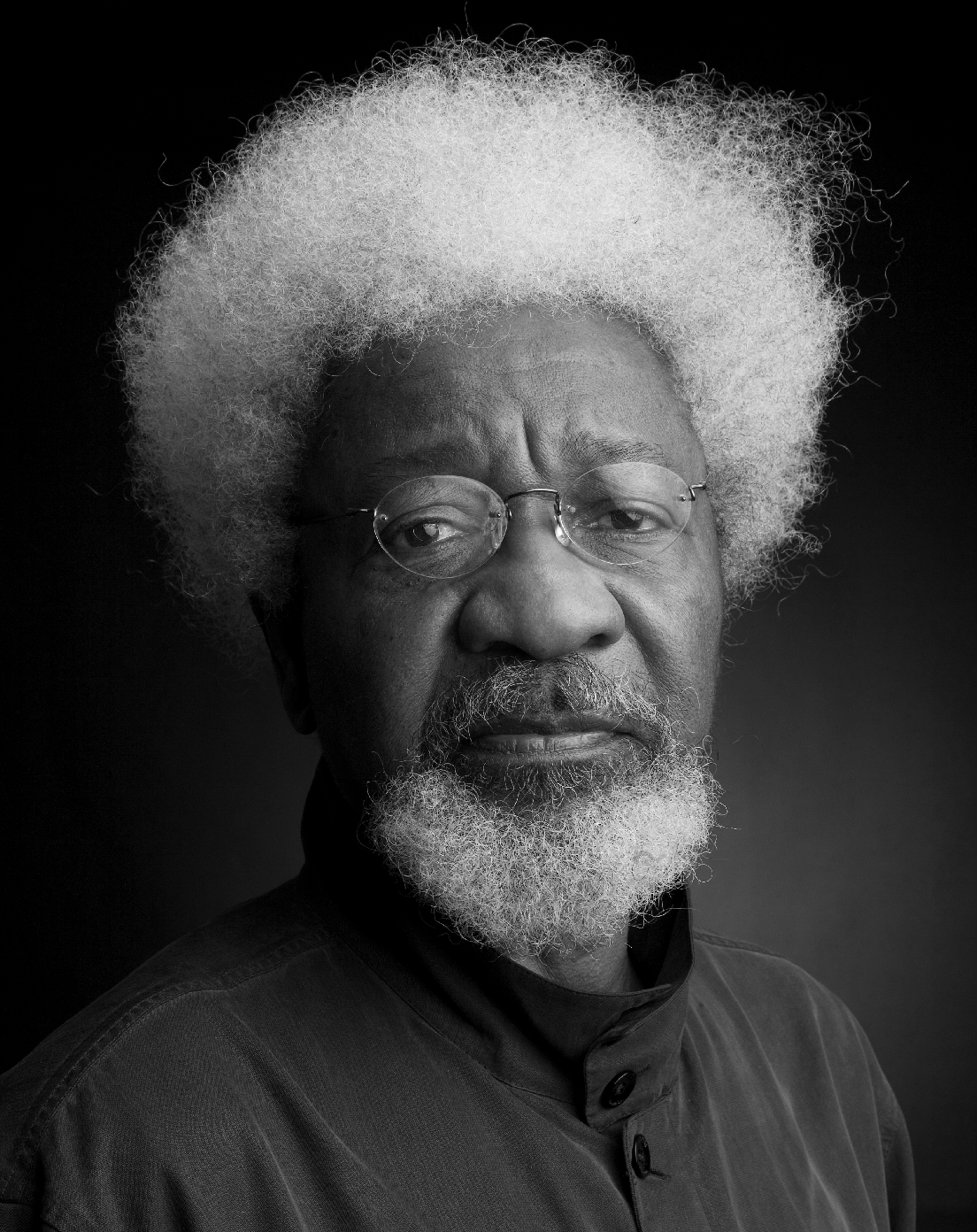It’s a paradox that has puzzled psychologists, educators, and employers for decades: why do so many people with high IQs fail to reach their full potential? While a high intelligence quotient (IQ) is often seen as a key indicator of future success, real-world outcomes often paint a different picture. Many highly intelligent individuals underperform in their careers, relationships, or personal goals, not due to a lack of intellect, but because other crucial factors are often overlooked. In 2025, as competition intensifies and the demand for emotionally intelligent, self-driven individuals increases, it’s clearer than ever that IQ alone doesn’t guarantee success. Recent studies published in journals like Personality and Individual Differences emphasize that non-cognitive traits—such as emotional intelligence, resilience, and motivation—play a far more critical role in achieving long-term success than previously thought.
One common reason high-IQ individuals underachieve is over-reliance on their cognitive ability. From a young age, they may be praised for how "smart" they are, which can lead to a fixed mindset. This belief—that intelligence alone is enough—discourages the development of perseverance, adaptability, and the willingness to embrace failure. As a result, they may avoid challenges that threaten their self-image, preferring to stay in their comfort zone rather than risk not excelling. Another factor is poor emotional intelligence (EQ). A high IQ does not always come with a high EQ. While IQ measures reasoning and logic, EQ determines how well someone manages emotions, communicates, and builds relationships. In today’s collaborative environments, emotional intelligence is often a stronger predictor of leadership potential, job performance, and personal satisfaction. High-IQ individuals who struggle with emotional regulation, empathy, or social dynamics may find themselves isolated or unable to navigate the interpersonal demands of the modern workplace.

Read Also: Top Ghanaian Artistes Shaping Afrobeats

Additionally, many high-IQ individuals experience what psychologists call existential overthinking—a tendency to dwell on abstract ideas, long-term meaning, and philosophical dilemmas. While deep thinking is a strength, it can lead to paralysis by analysis. This constant internal dialogue can slow decision-making, fuel anxiety, and diminish motivation. These individuals may become consumed by “what-ifs” and fail to act decisively, resulting in missed opportunities. Mental health challenges also play a role. Studies show a correlation between high IQ and heightened sensitivity to stress, perfectionism, and even depression. The pressure to meet high expectations—whether self-imposed or external—can lead to burnout or avoidance. Without the right coping strategies and support systems, these individuals may struggle to maintain balance, leading to underperformance in critical areas of life.
Moreover, success in the modern world is about more than intelligence; it’s about execution. Traits like discipline, time management, collaboration, and consistency are essential. A person with average IQ but high grit and work ethic can often outperform someone with a higher IQ who lacks structure and follow-through. This is especially relevant in the digital age, where adaptability, networking, and continuous learning are non-negotiable skills. Educational systems and workplaces are also partially to blame. Many institutions still prioritize test scores and intellectual ability over soft skills and practical experience. Without mentoring or coaching in areas like self-awareness, emotional intelligence, and goal-setting, high-IQ individuals may not develop the holistic toolkit needed for success.
In a world increasingly shaped by automation and artificial intelligence, it’s emotional intelligence, creativity, and resilience that give humans the competitive edge. Intelligence remains a powerful asset, but when it’s not paired with humility, emotional awareness, and purposeful action, it can become a silent burden. To unlock their full potential, high-IQ individuals must go beyond the numbers. By nurturing emotional intelligence, embracing failure, and building real-world competencies, they can transform raw intellect into meaningful impact.



